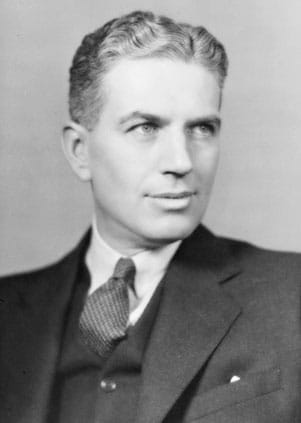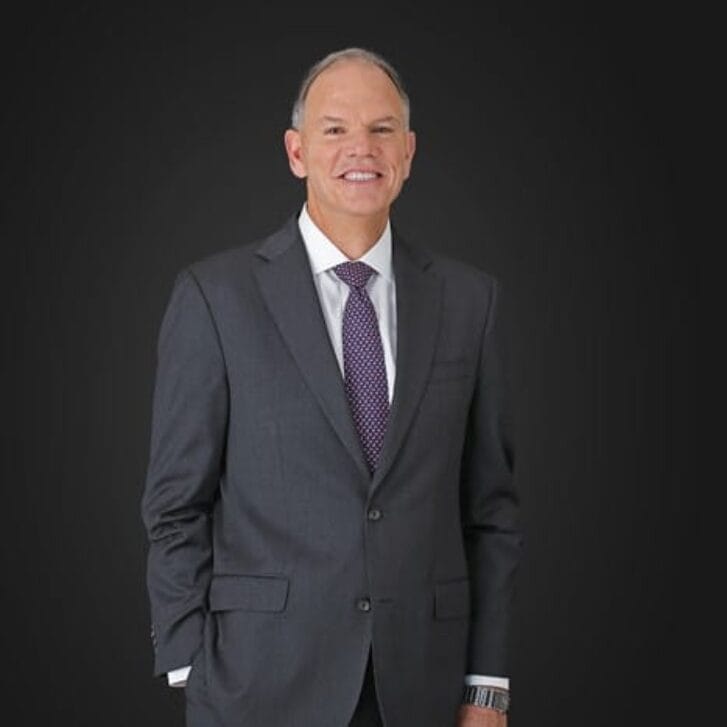 When president Franklin D. Roosevelt nominated Rexford Tugwell as Undersecretary of Agriculture in 1934, the hearings were so contentious that his opponents and supporters variously described them as an inquisition and a crucifixion, and protested that Tugwell was being forced to drink hemlock. Time reported that Iowa’s Senator Murphy demanded of the well-dressed academician: “Did you ever follow a plow?” “Yes, sir.” “Did you ever have mud on your boots?” “Yes, sir.” “Do you know how hard it is to get a dollar out of the soil?” “Yes, sir.”
When president Franklin D. Roosevelt nominated Rexford Tugwell as Undersecretary of Agriculture in 1934, the hearings were so contentious that his opponents and supporters variously described them as an inquisition and a crucifixion, and protested that Tugwell was being forced to drink hemlock. Time reported that Iowa’s Senator Murphy demanded of the well-dressed academician: “Did you ever follow a plow?” “Yes, sir.” “Did you ever have mud on your boots?” “Yes, sir.” “Do you know how hard it is to get a dollar out of the soil?” “Yes, sir.”
The answers helped the brilliant, polished Tugwell win confirmation, 53 to 24. Tugwell had worked on his father’s fruit farm in upper New York State as a child, but his acute asthma had led into academic life—and eventually for him to become the primary, but controversial and dogged architect of President Roosevelt’s massive economic and social policy, the New Deal.
At Wharton and Penn, he earned bachelor’s, master’s, and PhD degrees in economics and was influenced by Scott Nearing, an economist extremely concerned about poverty. Tugwell believed intense planning was the key to avoiding economic and social upheaval. He once said: “Make no small plans, for they have not the power to move men’s souls,” advocating the restructuring of the farming industry to eliminate waste and establishing self sufficient “Greenbelt Towns.”
Tugwell taught economics before he was tapped by Roosevelt to become “topman of the Brain Trust,” as described by Time (which in numerous profiles also called him as debonaire, handsome, and curly-haired). Dealing with 200 communities nationwide, he led the department’s Resettlement Administration program of photographically documenting and relocating the impoverished to the “Greenbelt Towns” and outlying areas, but resigned due to congressional charges of socialistic and utopian leanings.
Tugwell was then appointed governor of Puerto Rico by Roosevelt from 1942 to 1946, revamping its political structure and economy. He exempted taxation on profits derived from Puerto Rican goods sold on the U.S. mainland, and he initiated free elections, becoming the last appointed colonial Puerto Rico governor. He then returned to teaching and writing until his death in 1979, leaving an indelible mark on America’s domestic and economic policies.

























